The attitude of pre-World War II America was quite different from the heroic era of the war years. The U.S. was still a modest, isolationist nation, with limited industry, a tiny army, and the hope that, by minding its own business, it could remain untouched by war. Although the December 6, 1941, issue of the Post shows a country at peace, the signs that war was spreading are evident throughout its pages.
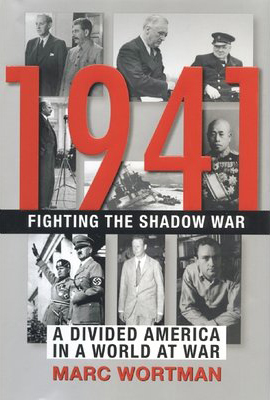
In this podcast, Jeff Nilsson interviews historian Marc Wortman. In his book 1941: Fighting the Shadow War, Wortman reveals the depths to which the United States had already been involved in World War II before the attack on Pearl Harbor. Dispelling the myth that the United States was a neutral nation caught flat-footed by the Japanese attack, Wortman shows how the U.S., through military deployments, the Lend-Lease Program, and actual confrontations with Axis forces, was “neck-deep in the war before December 7.”
Sound files excerpted in the podcast:
- News announcement of the Pearl Harbor attack, December 7, 1941, station unidentified
- NBC radio announcement of the attack on Pearl Harbor
- Eleanor Roosevelt speaking for the Pan-American Coffee Bureau Series, episode 11, December 7, 1941
- “Boogie Woogie Bugle Boy,” Andrews Sisters, 1941
- G. Wodehouse’s second broadcast on Reich Broadcasting Service, July 9, 1941
- “Moonlight Cocktail,” Glenn Miller Band, 1941
- “World News Today,” CBS radio, December 6, 1941
- Winston Churchill speech to Parliament, July 14, 1941
- Charles Lindbergh, America First Committee speech, Des Moines, Iowa, September 11, 1941
- “Chattanooga Choo Choo,” Glen Miller Band, 1941, the top song in the U.S. on December 7, 1941
Featured image: By United States Air Force [Public domain], via Wikimedia Commons
Become a Saturday Evening Post member and enjoy unlimited access. Subscribe now
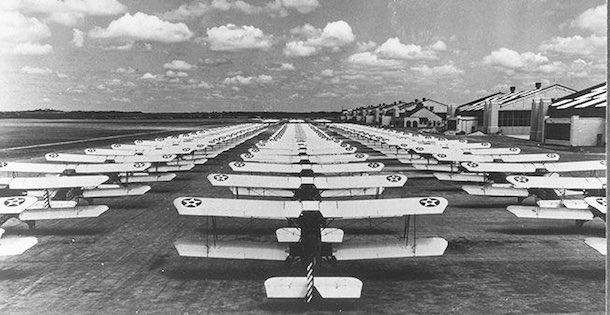
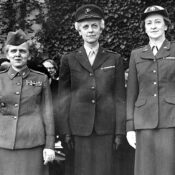
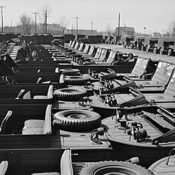
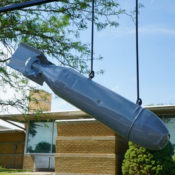
Comments
Thank you for this podcast. I was kind of surprised that so many people at that time didn’t see American involvement in a new war looming, even in 1938 and ’39. By 1940 it was very clear something big with Japan and Germany was going to be going down, and fairly soon.
Americans at that time (in the heartland or not) had radios, newspapers, The Saturday Evening Post all covering what was going on. The ads too reflected the gathering storm. In addition, this was little more than 20 years after World War l. Surely there were familiar warning flags for many, despite the differences in the witches brew this time around.
It’s entirely possible however, many people simply didn’t want to believe it could, much less would, happen again; that it was too terrible to even contemplate after years of the Depression already having taken their toll.